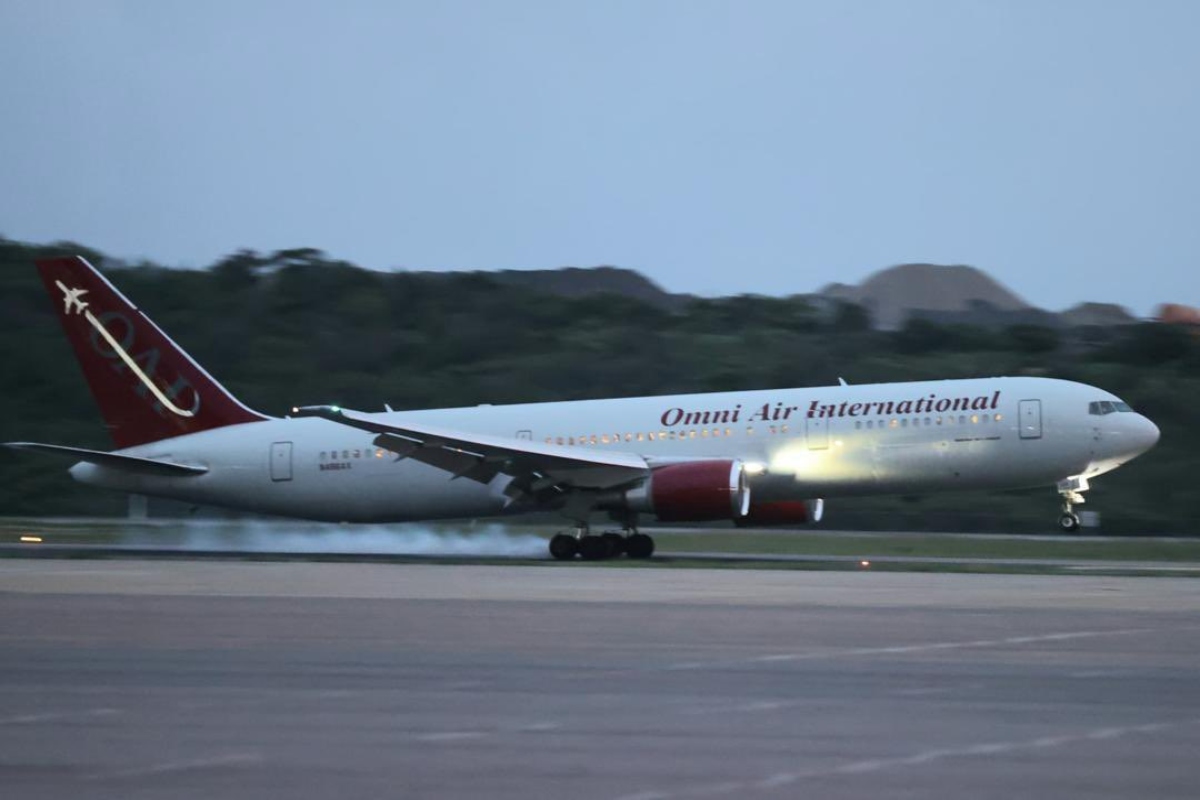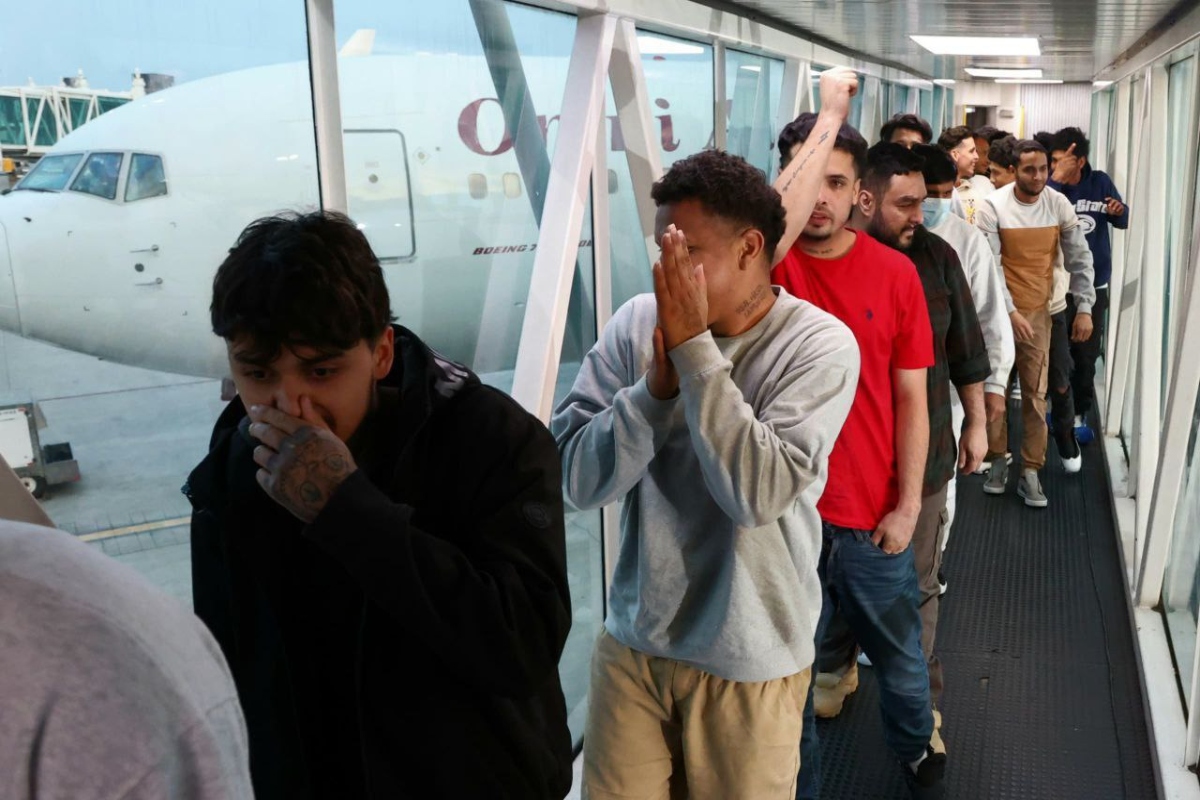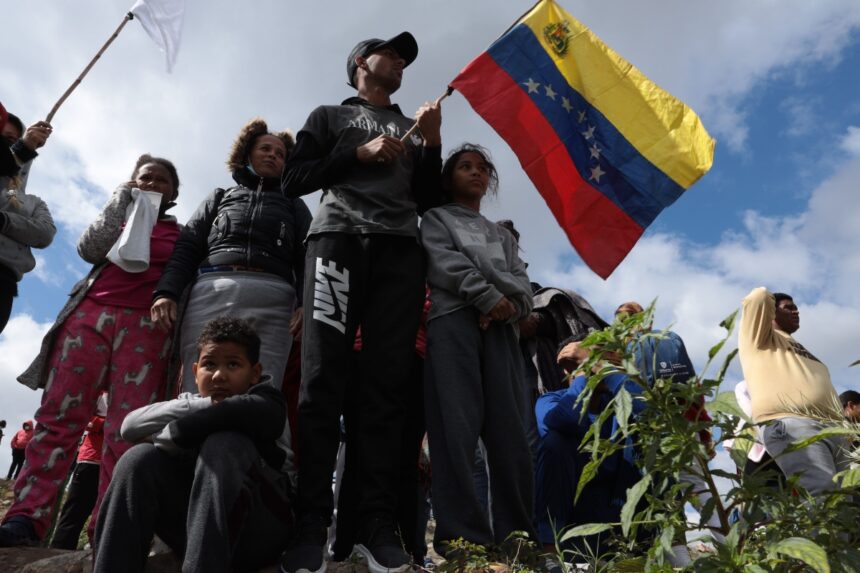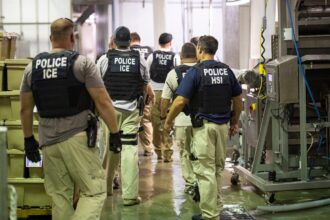A new flight with 174 Venezuelan migrants deported from Texas arrived this Friday at Simón Bolívar International Airport in Maiquetía, Venezuela, aboard a plane of the U.S. company Omni Air International. The flight is part of the migratory agreement between Caracas and Washington, in force since February of this year.
The Venezuelan Ministry of Interior and Justice informed that 142 men, 18 women, 6 mothers and 8 children were among the deportees, after being processed by U.S. immigration authorities in the state of Texas, epicenter of multiple border control operations so far in 2025.
Irregularities reported

Minister Diosdado Cabello led the reception of the group of Venezuelan migrants.
He denounced that the flight included 48 fewer people than the 222 that were scheduled, which he attributed to “immigration disorder” on the part of the U.S. government.
According to his statements, it is part of a problem that has generated the separation of families, especially between mothers and children.
Cabello demanded the immediate return of a two-year-old girl whose mother was deported last week, and who, according to the Venezuelan government, is being held in the US.
Venezuelan families should not be separated any further
Diosdado Cabello
“We want the full and dignified return of every citizen,” Cabello said at a press conference.
Agreement without diplomatic relations

Since the visit of special envoy Richard Grenell, a representative of the Trump Administration, last February, 17 repatriation flights have taken place.
All without formal diplomatic relations between the two countries since 2019.
According to official figures, about 3,400 Venezuelan migrants have been returned during this period.
On Friday afternoon, another flight with 200 more deportees is expected to make a stopover in Honduras before arriving in Venezuela on a plane of Conviasa, the Venezuelan state airline.
Context for Venezuelan migrants

For Hispanics living in the U.S., especially Venezuelans in an irregular situation, this agreement reflects an immigration policy of increased pressure and control from Texas.
Rapid deportations have intensified here.
It is essential that those facing migration processes seek reliable legal assistance and maintain contact with their consulates to avoid family separations and rights violations.
For more information, visit QueOnnda.com.























